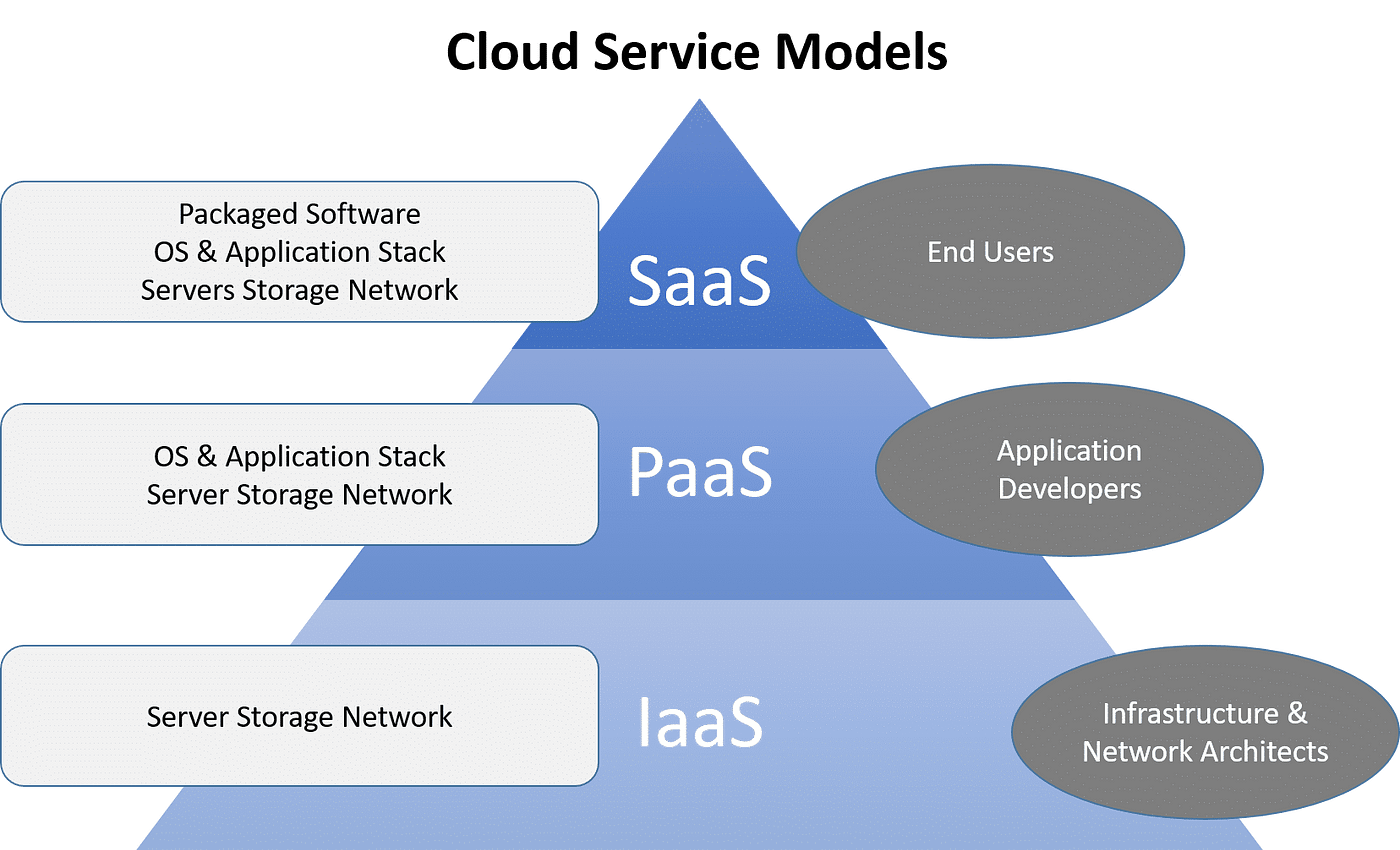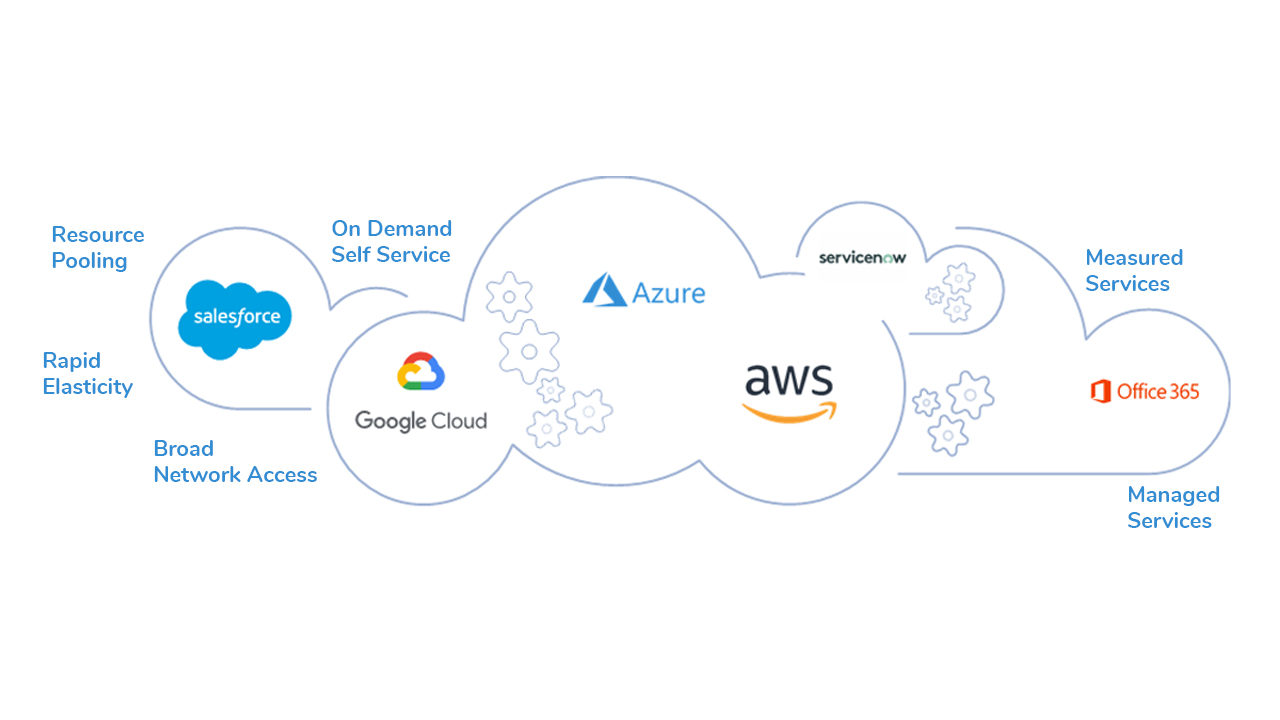Streamline IT Monitoring With Cloud Solutions
In today's rapidly developing digital landscape, the function of IT monitoring is becoming significantly complicated. Organizations are regularly looking for ways to streamline their IT procedures to remain active and competitive. Cloud services have become a viable solution for businesses looking to boost performance, lower expenses, and boost overall IT performance. By welcoming cloud modern technology, firms can accomplish higher versatility, scalability, and safety in managing their IT infrastructure. But how exactly do these cloud solutions change typical IT monitoring techniques? Allow's check out the transformative impact of leveraging cloud services on IT procedures and the essential considerations for successful implementation.
Benefits of Cloud Services

Moreover, cloud solutions make it possible for companies to boost their functional efficiency by streamlining processes and minimizing the moment and sources required for managing IT framework. With cloud solutions, businesses can automate routine tasks, such as software updates and data backups, releasing up IT groups to concentrate on even more strategic efforts that drive organization value.

Boosted Scalability and Adaptability
Cloud solutions provide businesses with unequaled scalability and adaptability in managing their IT resources successfully. Scalability is a vital feature of cloud solutions that enables business to conveniently change their IT sources based on need. With cloud services, services can rapidly scale up or down their computing sources, storage space capacity, and network transmission capacity to fulfill changing demands without the need for considerable in advance financial investments in hardware. This versatility makes it possible for companies to adapt to varying work, seasonal needs, or unexpected growth without experiencing downtime or performance problems.
In addition, cloud services use the adaptability for employees to gain access to company information and applications from anywhere, at any moment, and from any kind of device with a net connection. This capacity enhances productivity and collaboration amongst remote groups or workers working in different locations. Additionally, cloud solutions offer the flexibility to select from a selection of service versions, such as Infrastructure as a Solution (IaaS), System as a Service (PaaS), or Software as a Solution (SaaS), based on the certain demands of business. The enhanced scalability and versatility supplied by cloud services encourage services to maximize their IT procedures and remain dexterous in today's vibrant market setting.

Cost-Effectiveness and Savings
With the ability to efficiently allocate resources based on demand, companies using cloud solutions can harness substantial cost-effectiveness and realize considerable savings in their IT operations. Cloud solutions provide a pay-as-you-go version, allowing business to only spend for the resources they utilize, eliminating the requirement for huge upfront financial investments in equipment and software. This scalability makes sure that businesses can quickly adjust to fluctuating demands without spending beyond your means on unnecessary resources. Furthermore, cloud solutions reduce maintenance expenses by moving the duty of hardware upkeep and click to read software program updates to the provider. This lowers the requirement for committed IT staff to handle facilities, more cutting down functional expenses. The cloud provides economic situations of range, with service providers spreading out expenses across several clients, resulting in lower private prices for solutions like storage and computer power. Overall, the cost-effectiveness and cost savings accomplished with cloud solutions allow organizations to reallocate resources towards advancement and development efforts.
Improved Security and Compliance
Enhancing the general safety and security pose and guaranteeing regulative conformity are critical factors to consider for services leveraging cloud services in their IT monitoring techniques. Cloud service suppliers provide innovative safety measures, such as information encryption, multi-factor verification, and automated backups, which can boost a company's protection framework. These providers likewise stick to rigid regulatory requirements, such as GDPR, HIPAA, and PCI DSS, helping services meet conformity needs better.
Executing cloud solutions can boost safety and security by giving centralized control over gain access to management, tracking, and information protection. This central approach simplifies protection administration and makes certain constant application of protection policies throughout the organization. Additionally, cloud services frequently supply real-time security updates and patches, lowering the danger of susceptabilities and prospective violations.
Ideal Practices for Cloud Implementation
Carrying out cloud solutions efficiently calls for a structured strategy that includes thorough planning and persistent implementation. To ensure a smooth shift to the cloud, companies ought to begin by performing an extensive analysis of their current IT facilities and identifying which workloads appropriate for movement. It is vital to establish clear goals and specify key efficiency indications (KPIs) to measure the success of the cloud implementation.
Among the very best practices for cloud application is to thoroughly choose a cloud service supplier that lines up with the company's needs in regards published here to security, cost-effectiveness, scalability, and compliance. Additionally, producing a thorough movement strategy that lays out the actions entailed, timelines, and obligations is important this contact form for an effective execution.
Routinely enhancing and keeping an eye on cloud resources to make certain efficient performance and price monitoring is an additional important facet of cloud implementation ideal techniques. Continual analysis of the cloud atmosphere and remaining informed about updates and brand-new features provided by the cloud copyright can better boost the organization's cloud method. By adhering to these finest techniques, organizations can enhance their IT monitoring and make best use of the benefits of cloud solutions.
Verdict
In conclusion, leveraging cloud services for IT management provides many advantages, consisting of improved scalability, cost-effectiveness, boosted safety, and conformity. On the whole, cloud services improve operational performance and dexterity in managing IT framework.
In addition, cloud services supply the versatility to select from a variety of solution versions, such as Infrastructure as a Solution (IaaS), Platform as a Service (PaaS), or Software Application as a Service (SaaS), based on the particular needs of the company. Additionally, cloud solutions lessen upkeep expenses by shifting the responsibility of equipment maintenance and software application updates to the solution provider.Enhancing the total protection stance and making certain regulatory conformity are extremely important factors to consider for organizations leveraging cloud solutions in their IT monitoring methods.Frequently enhancing and keeping track of cloud resources to ensure reliable efficiency and expense management is an additional important facet of cloud implementation best techniques. Continual assessment of the cloud setting and staying notified regarding updates and brand-new features supplied by the cloud service provider can additionally improve the company's cloud strategy.